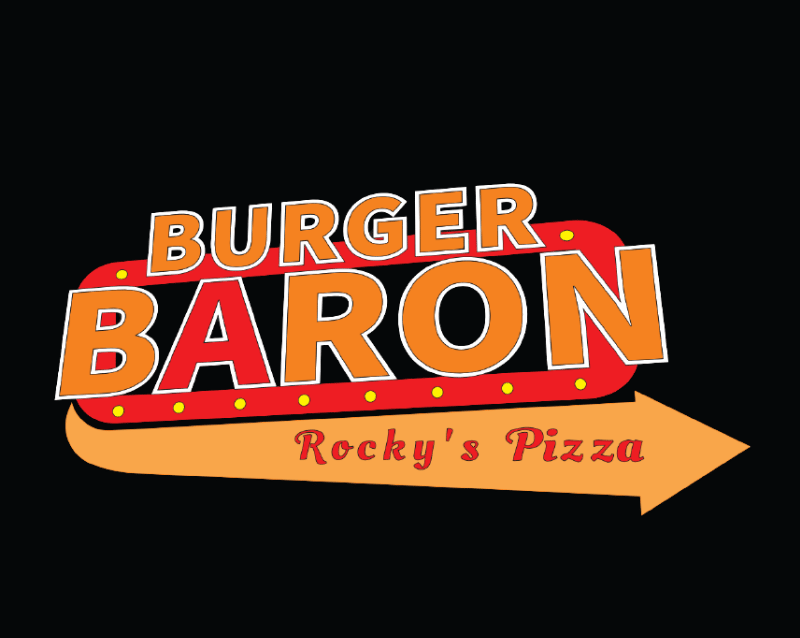Do you ever wonder about the origins of the beloved burger?
Well, let us take you on a journey through time, exploring its fascinating history and evolution.
From its humble beginnings as a minced meat delicacy in medieval cuisine to its popularization in late 19th century America, we’ll uncover the variations and inventions that shaped the burger as we know it today.
Get ready to sink your teeth into the juicy details of the hamburger’s past and present.
Origins and Evolution of the Hamburger
By the late 19th century, hamburgers had gained popularity and started appearing on menus in New York port. It was during this time that the Hamburg steak, known as Frikadelle in Germany, had already been enjoyed since the 17th century.
The precursor to the modern hamburger, the Hamburg Rundstück, was also popular in 1869. Even earlier, in medieval times, minced meat dishes like Hamburgh Sausage and meatballs were considered delicacies for the higher classes.
European emigrants from Hamburg to New York greatly influenced the development of the hamburger. Dishes like Hamburg-style American fillet and beefsteak à la Hambourgeoise were served in New York restaurants.
With its growing popularity and various influences, the hamburger started its journey toward becoming a global culinary sensation.
Variations and Inventions of the Hamburger
With its diverse origins and cultural influences, the hamburger has evolved, taking on various forms and inspiring inventive creations. From its humble beginnings as a fried patty of chopped beef, eggs, onions, and seasoning, the hamburger has undergone numerous transformations. It can be lightly salted, smoked, or even served raw with onions and bread crumbs.
American chef Charles Ranhofer popularized the Hamburg steak in the late 19th century, while Dr. James Salisbury invented the variant known as Salisbury steak. The origins of the hamburger itself are still debated, with claims ranging from transatlantic immigrants to its creation in the New World.
Regardless of its true origins, the hamburger has become a global culinary icon, spreading across continents and influencing various culinary cultures.
Globalization and Popularity of the Hamburger
Through its ability to adapt to different culinary cultures and the efforts of fast food chains like McDonald’s and White Castle, the hamburger has become a beloved staple around the world.
This iconic sandwich has traveled across continents, spreading its popularity due to its ability to incorporate familiar flavors and ingredients from various culinary traditions.
Fast food giants like McDonald’s and White Castle have played a significant role in the globalization of the hamburger, making it easily accessible and affordable to people worldwide.
The hamburger’s influence can even be seen in economic terms, with the creation of the Big Mac Index as a way to compare purchasing power across different countries.
Today, the hamburger isn’t just a simple sandwich, but a cultural symbol and a testament to the power of globalization in the culinary world.
Factors Contributing to Hamburger’s Popularity
You might be wondering what factors have contributed to the hamburger’s immense popularity.
Well, one major factor is the invention of the meat grinder in the early 19th century. This invention helped popularize Hamburg steak, as minced meat could be sold in large quantities at reasonable prices.
Additionally, increased beef production through livestock intensification played a significant role in making the United States one of the largest producers and consumers of beef. Cities like Chicago became centers for large-scale beef processing, further fueling the hamburger’s popularity.
However, it’s important to note that controversies in the meat industry, such as corruption problems, also contributed to the hamburger’s rise in popularity.
These factors and the burger’s delicious taste and versatility have made it a beloved and iconic food worldwide.
Controversies Surrounding the Hamburger
There are several controversies surrounding the hamburger, and one of the most debated is its actual invention. Many claims have been made regarding the first to create this iconic food.
Some believe that the hamburger originated in the United States, while others argue that it was brought over by transatlantic immigrants. There’s even a hypothesis that the hamburger was named after Hamburg, Germany, as a derisive gesture.
Despite the ongoing debates, one thing is clear: the hamburger has become an integral part of American fast food culture. It’s associated with major events such as amusement parks, fairs, and festivals, and is celebrated with events like National Birth of the Burger Day and Burger Fest.
The controversies surrounding the hamburger only add to its cultural significance and enduring popularity.
Celebrations of the Hamburger’s History
Celebrate the rich history of the hamburger with events like Burger Fest and National Birth of the Burger Day. These celebrations honor the invention and cultural significance of this iconic fast food.
Burger Fest, held annually in various cities, brings together burger lovers from all over to indulge in their favorite food. You can enjoy a wide variety of burgers, from classic beef patties to unique creations with innovative toppings and fillings.
National Birth of the Burger Day, observed on a specific date every year, allows people to appreciate the origins of this beloved dish. It’s a time to reflect on the contributions of different cultures and individuals who’ve shaped the evolution of the hamburger.
Conclusion
So, there you have it! The history of the hamburger is a fascinating journey that started centuries ago and continues to evolve to this day.
From its humble beginnings as a minced meat delicacy to its worldwide popularity and the controversies it has sparked, the hamburger has truly become an iconic dish.
Whether you enjoy it with classic toppings or explore new variations, the hamburger remains a beloved staple in modern culinary culture.






